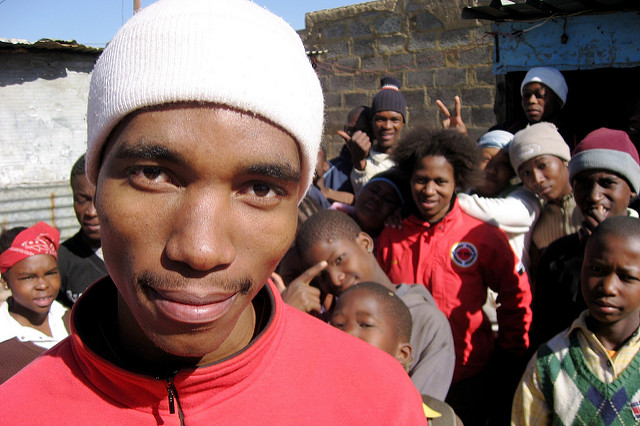Since 1980, Africa’s population has increased from about 478 million to about 1.2 billion, with estimates suggesting it will reach 1.5 billion by 2025. About three-fifths of Africa’s population is under age 24. The average age in Africa is just 19.5 years old. While Africa is the youngest continent in the world, its leaders are far from it.
According to CNN, the average age of Africa’s ten oldest leaders is 78.5 while the average age for the ten leaders of the world’s most developed economies is just 52 years old. While there’s something to be said for experience, there’s also something to be said for youth, vision, and new ideas.
Africa is undergoing significant changes right now and facing unprecedented opportunities. There’s a lot at stake. For example, Africa’s been called the “continent of the future.†Oxford Economics has predicted that cities in Africa, over the next 15 years, will experience higher growth rates than any other region of the world. While growth is often an economic boom, rapid urbanization can exacerbate poverty and inequality, both of which are already serious problems in Africa.
Carlos Lopes, executive secretary of the Economic Commission for Africa summed it up in the foreword of the commission’s The Demographic Profile of African Countries:
“If properly harnessed through the provision of appropriate skills, training and quality educational and employment opportunities, Africa’s youthful age structure will be the driving force in its industrialization drive and structural transformation. On the other hand, the consequences of inaction will be dire and will exacerbate existing inequalities as well as undermine the stability and future growth of economies and societies.”Â
Change and opportunity will reshape Africa whether we embrace them or wish them away. Can we count on aging leaders in their 70s and 80s to recognize and embrace the opportunities available to Africa? Can we count on them to take action when they’re at the age where they’re content to rest on their laurels and protect the status quo?
When you look at how some of these leaders came to power, you also see why they remain in power — even now, 20 to 30 years later. Some of them toppled their predecessors in an uprising or coup. Many are seen as “fathers†of their nations, as heroes. They are beyond reproach. They are the only leaders many of their supporters have ever known and their tenure is set in stone.
Age is said to bring wisdom, but it also brings ailments. Last month, Robert Mugabe’s spokesperson came to his defense after pictures of the 93-year-old president of Zimbabwe sleeping during high-level meetings made the rounds on Twitter, explaining that he wasn’t sleeping, he was “resting his eyes.â€
Aging leadership is often out of touch with a youthful population. Social media, for example, is often perceived as a threat, not a useful communications tool. During Uganda’s presidential election last year, the government, which has been ruled by the same president for 30 years, banned social media on election day.
This same election also saw the detention of the leading opposition candidate and allegations of voter fraud. The elderly incumbent, now age 72, won (surprise, surprise) and is now serving his fifth term. Uganda’s constitution does have an age limit of 75 for its president, but many believe President Museveni will attempt to change that and remain in power.
Meanwhile, one of Africa’s younger (but still middle-aged) presidents, Tanzanian President John Magufuli, has a 96 percent approval rating despite the huge austerity measures he implemented. He’s canceled lavish government events, directing funds away from the parliament’s opulent state dinner and to hospitals and roadworks. He’s taken to the streets, literally, helping to pick up trash rather than attend to traditional Independence Day celebrations.
This is what Africa needs, a changing of the guards. The older generation has made its mark — decades ago. Some of our septuagenarian leaders are indeed heroes worthy of admiration, but it’s time for a new crop of youthful leaders to have a say in Africa’s future.
Monumental change has already arrived on Africa’s shores with more to come. The challenges and opportunities are ours for the taking, especially with our youthful age structure, but only if we recognize the possibilities and respond accordingly. To do that, we must reject the status quo; we must reject septuagenarian leaders.
Featured photo by Kyle Taylor

